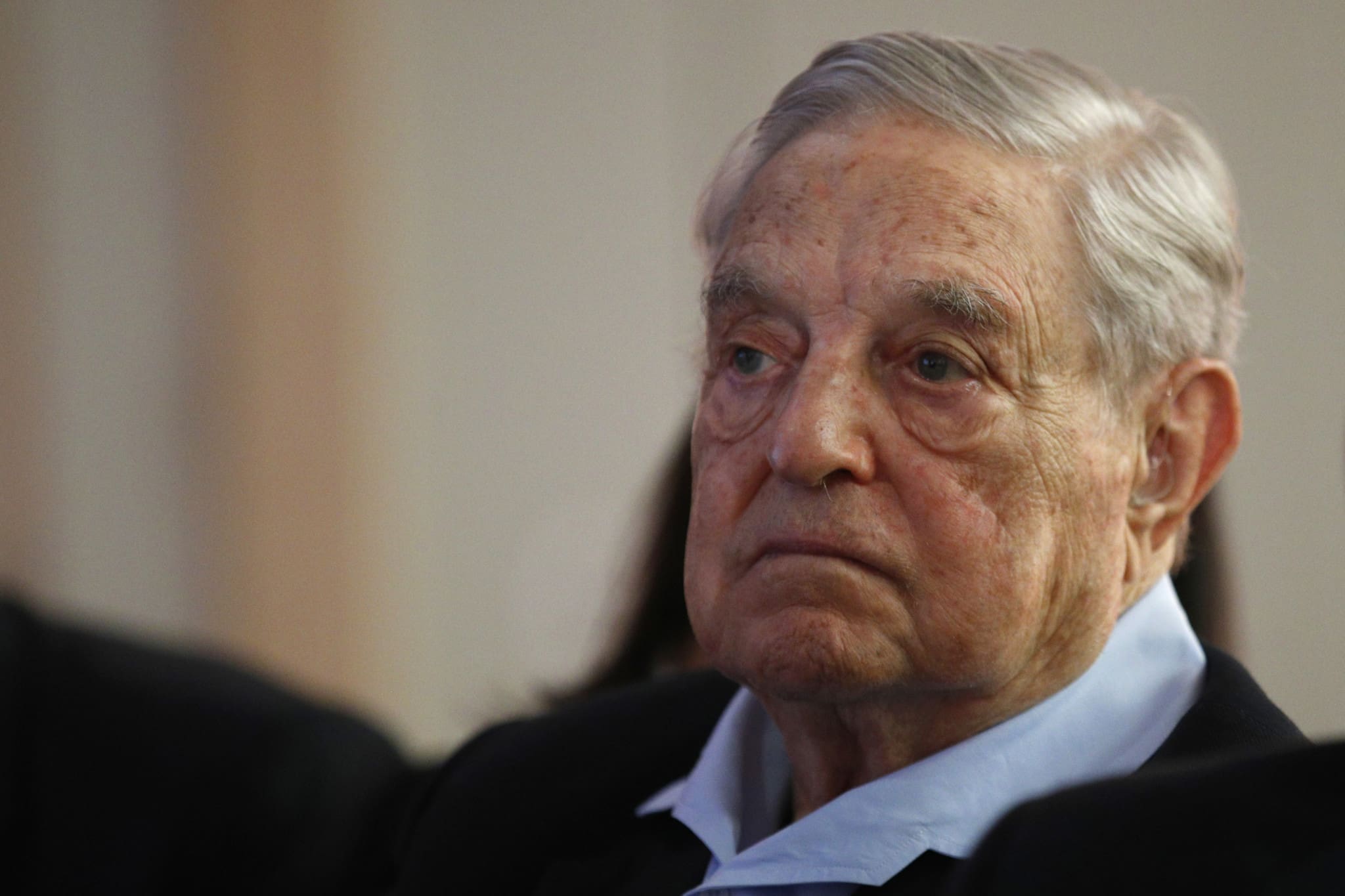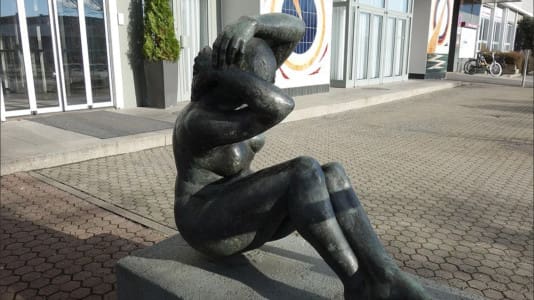Despite ongoing reporting that billionaire oligarch George Soros is shutting down operations from his Open Society Foundations (OSF) in Europe, his son, Alex Soros, says that those reports are not true and that the focus will instead shift to Eastern Europe.
According to Alex Soros, who is set to take over the foundation from his father, the restructuring means a shift of emphasis, with plans to step up activities in countries like Poland or Hungary. In addition to continuing a number of programs, they will also support the Central European University (CEU), which is partly based in Budapest.
“News that Open Society Foundations and Soros are leaving Europe is misleading. We are not leaving,” Alex Soros stated in his Politico op-ed.
EU will pick up the funding baton from the OSF
Hungarian media outlet Magyar Nemzet is also reporting that the Open Society Foundations, which has struggled to remove conservatives and populists from power across Eastern and Central Europe, will have many of its funding initiatives picked up by the European Union. In fact, many projects funded by OSF will even have their funding boosted, this time by the European taxpayer.
The newspaper claims that for weeks, the Hungarian left-wing press has been trying to push the narrative that the Soros network is shutting down in Europe. Media outlets such as Népszava, Klubrádió, and Alfahír, among others, have written about the issue with such headlines.
The opposition papers have written about the supposed withdrawal of Open Society Foundations (OSF) and reported on staff complaining about “cutbacks” and the “withdrawal of resources.” However, the rumors of a complete withdrawal were refuted by George Soros’ son Alex in a recent opinion piece in Politico.
The Soros network has been working for years to develop new funding channels. Earlier this year, Magyar Nemzet published articles showing how EU funding regularly appears at Soros organizations in the form of various grants.
In 2017, George Soros personally negotiated with Jean-Claude Juncker, the then president of the European Commission, and according to 444.hu, Michael Roth, former German Chancellor Angela Merkel’s state secretary for European affairs, helped to smooth the relationship.
It emerged years ago that Soros was effectively in the pocket of the EU bureaucracy. In August 2016, a leak portal called DC Leaks published some 2,500 documents from the OSF’s internal database, including a publication entitled “Trusted Allies in the European Parliament 2014-2019.” According to the list, George Soros then had some influence over 226 politicians in the European Parliament, which consisted of 751 MEPs. With this number, Soros had the largest group in the EU body.
In present terms, this also means that Soros can pursue his interests in Europe without direct funding, since EU funds are decided by his trusted allies, who generously distribute euros to NGOs and press organizations that adhere to the OSF’s liberal agenda.






